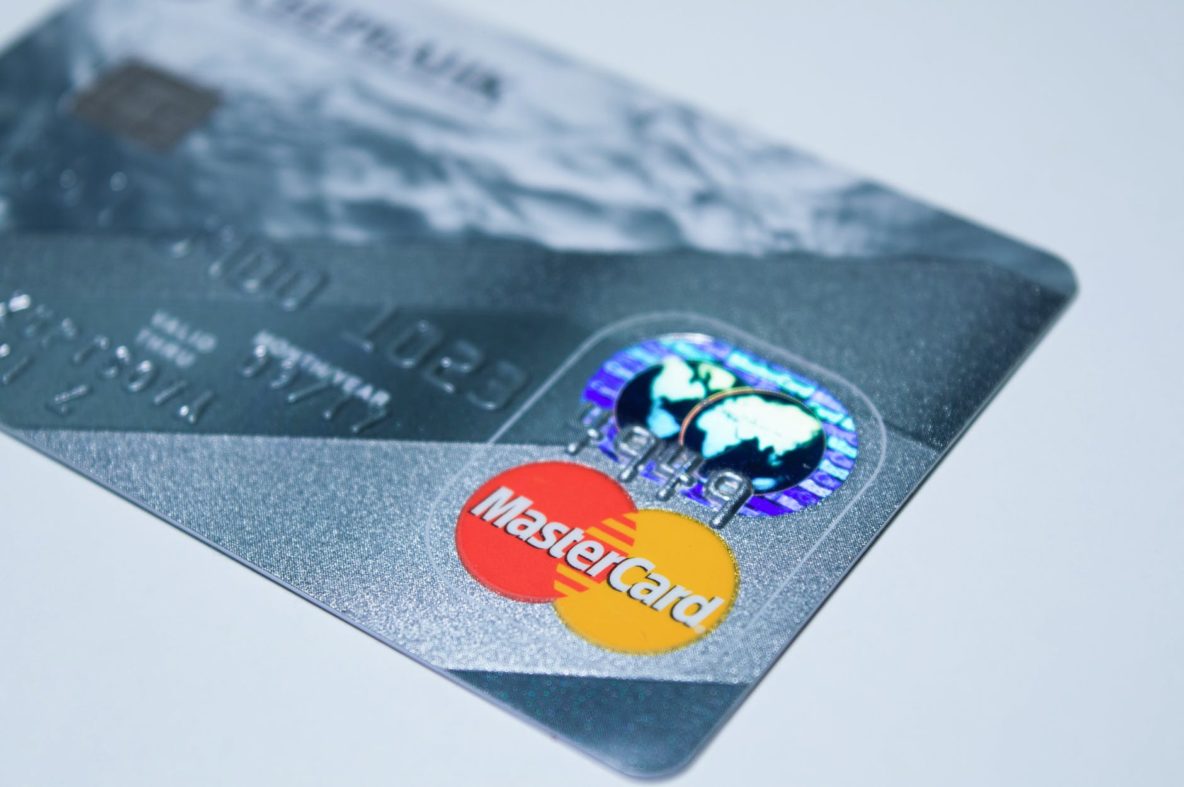Will the average person be able to charge their purchase on their credit cards using cryptocurrencies one day? That is an interesting question considering that Mastercard won a patent for a method of associating crypto-based assets to fiat currency accounts, by the United States Patent and Trademark Office (USPTO).
The patent was filed in May but approved only last Tuesday, July 17. Mastercard described the patent as a “description of systems and method for managing fractional reserves of blockchain currency”. (Not all cryptocurrencies use/need a blockchain to be a functional cryptocurrency).
The global payments giant claims that their plan bolsters payers by the accelerating the transaction time of cryptocurrencies as well as provides security for the payees.
As of today, Mastercard users can only purchase using national currency that is government-approved, says Seth Eisen, Mastercard’s senior vice president for communications.
In the document, published with the USPTO, Mastercard said that there has been “increased usage” in cryptocurrencies by consumers who “value anonymity and security.” They also added that “while blockchain currencies can often provide such safety and security for the payer’s information, such security may be limited for payees, particularly due to the limitations of the blockchain,”
“For example, it often takes a significant amount of time, around ten minutes, for a blockchain-based transaction to be processed, due to the computer processing time and resources required to verify and update the blockchain.” Mastercard claims that traditional fiat payment transactions processed using payment networks would take nanoseconds to complete. It needs to be noted though that this changes drastically when doing cross-border payment. “Consumers and merchants that are accustomed to fast transaction times are often either forced to wait a significant amount of time for a blockchain transaction to be conducted, or the payee must rely on the payer’s good faith that their transfer will be valid,” Mastercard wrote.
Imagine how silly it is to wait in line at a grocery store where everyone uses bitcoin to pay for their purchase. Note that some transactions would take hours to confirm. Should the cashier let the customer take goods and leave the store trusting that an hour later the transaction would prove to be valid? Also note that crypto transactions are irreversible regardless of fraud (there are a few exceptions but mostly from relatively centralized cryptocurrencies). Obviously this would not work let alone be sustainable.
Mastercard states its solution would prevent the reluctance of merchants to accept cryptocurrency payment, while consumers may also be more interested in using cryptocurrency if the decentralized nature of the technology was somewhat removed.
Mastercard believes that by combining legacy payment systems with cryptocurrencies, they may be able to “provide consumers and merchants the benefits of the decentralized blockchain” while still being able to utilize traditional fraud and risk algorithms to evaluate cryptocurrency transactions at the same time permitting these digital currencies to access special information like credit bureau data, historical transaction data, demographic information, etc.
Mastecard’s patent is a method for managing fractional reserves of cryptocurrency. First, they will require a central account with fiat currency, and second with “at least” a cryptocurrency amount associated with the respective cryptocurrency.
This isn’t the only patent Mastercard has on crypto though. The payments giant won two other patents—one for blockchain travel itinerary bidding system and another for anonymous blockchain transactions—last month. And they have more.
These could not be all good news though, as Seth Eisen said, these could be just Mastercard’s efforts to own as many systems and processes as possible and may not develop their solutions any time soon.
Another dark hypothesis would be that Mastercard may be trying to inhibit crypto innovation to stay relevant. Besides, patents are not really the crypto way as this technology is unofficially an open source platform: anonymous, decentralized, non-proprietary, innovative.
If Mastercard is serious about combining their legacy system with cryptocurrencies, they would be wise to make this happen very soon as bitcoin and other peer-to-peer cryptocurrencies are being innovated everyday with the aim of making it suitable for secure worldwide frictionless transactions.
Want something super cool?
Subscribe to our GFA newsletter and get timely news on Asia business news and investments

